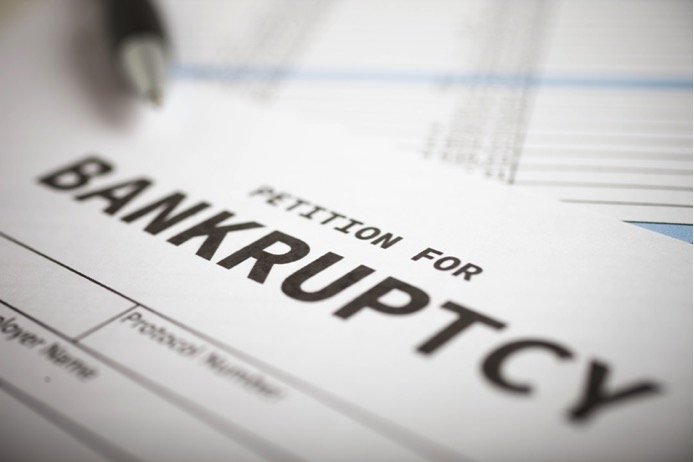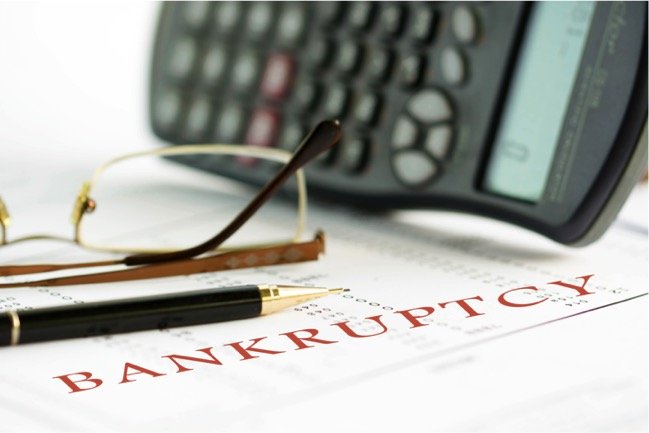What To Consider When You're Looking Into Bankruptcy For Your Business

Disclaimer: the material presented in the article below should only be considered as a general overview regarding bankruptcy. Should you, or anyone you know, find yourselves in a bankruptcy situation, it’s best that you speak to an attorney who’s well versed in bankruptcy. He/she can help you decide on the best legal actions to take.
When building a business, no one looks forward to one day filing for bankruptcy. At times, no matter how hard you’d try, you’ll still find yourself in a position where your empire is on the brink of tumbling down. You’ll then see yourself deep in debt, and possibly considering filing for bankruptcy. Worrisome thoughts would then come, and to add to the stress, you’d also need to fend off collection calls, lay off employees, and find ways to cope. Filing for bankruptcy can be complicated and confusing, and your future hangs in the balance. However, if you know what to consider when you’re looking into bankruptcy, you can be more prepared and be able to start anew.
- Bankruptcy takes time. On average, from the time you’ll file for bankruptcy until the time that you’ll receive your discharge can take four months up to five years, depending on the case.
Length of Each Bankruptcy Case:
- Chapter 7 Bankruptcy
- It can take up to four months to complete if your case is not complicated and you don’t get any objections.
- Chapter 11 Bankruptcy
- This can take up to a full year or more. Mostly, it begins the same as a Chapter 7 case, but requires multiple hearings and gives more time to business owners to get back on their feet.
- Chapter 13 Bankruptcy
- It can take up to five years; which would allow you to pay your debts while also paying for your properties.
- Bankruptcy would require you to open up your finances to the public. As soon as you file for bankruptcy, everything gets scrutinized. You’ll need to submit bankruptcy schedules, which requires you to list your assets, income, expenses, and any recent financial transactions.
- You’ll also need to meet with creditors, and they’ll ask you probing questions that would feel invasive, even if they’ll try to make it as dignified as possible.
- Bankruptcy proceedings are held in public, unless under extreme circumstances.
- Filing for bankruptcy is like airing your dirty laundry; it can be embarrassing and uncomfortable.
- You need to be honest and disclose everything. Remember that when you’re filing for bankruptcy, honesty is of utmost importance.
- Bankruptcy is a complicated process and would require much of your attention. Bankruptcy forms are complex; they contain tricky questions about your finances.
- You need to consult your lawyer when filling out these forms, so you’d have a better understanding and avoid mistakes that would cost you money, property, or your freedom.

- You need to consult your lawyer when filling out these forms, so you’d have a better understanding and avoid mistakes that would cost you money, property, or your freedom.
- The bankruptcy discharge is personal. The ultimate goal of filing for bankruptcy is to get a discharge.
- A discharge prevents your creditors from attempting to collect payment for your debts.
- Bankruptcy discharges, however, are personal and can only protect you. This means that if you have outstanding debts co-signed with someone, the creditors can still collect from your co-signer.
- Filing for bankruptcy is expensive. Filing for bankruptcy can cost a significant amount of money, and this may be unhelpful to you when you’re already in financial ruins.
- The amount that you need to pay for an attorney can significantly affect the total amount that you may need. And even if you decide to prepare and file your case, the fees are also substantial.
- Filing Fees
- The price for filing a Chapter 7 Bankruptcy is $335, while Chapter 13 costs $310.
- Conversion Fees
- If you’d want to convert your Chapter 7 Bankruptcy to a Chapter 13 Bankruptcy, it would cost you nothing, but if you would do the reverse, it would cost you $25.
- Courses
- You would also be required to take credit counseling or financial management course, which would cost around $20 - $100.
- Your credit will be affected for years if you file for bankruptcy. After you file for bankruptcy, your credit score will be affected for years.
- Most creditors will shut you out, and if someone loans you money, you’ll get charged substantial interest.
- Chapter 7 Bankruptcy usually remains on your credit report for ten years.
- Chapter 13 Bankruptcy may remain on your credit report for up to ten years, but usually wears off after seven years.
Bankruptcy is not anything anybody would want, but some circumstances are unavoidable. If your debts are high, and you’re held responsible for them, you should contact an experienced lawyer as soon as you can. He/she would help you figure out the best legal actions that you should take. You may have suffered losses, and it isn’t easy, but if you avoid critical mistakes, you can still get back up.
 Gerald Stevens
Gerald Stevens
Gerald Stevens has dedicated much of his life to law, and his pieces as a writer for Dove Law Firm are imbued with his wisdom obtained from over 20 years of experience in business. Gerald enjoys hanging out with his grandchildren when he has the free time.
Previous Posts:
Next Posts:
Previous Posts: